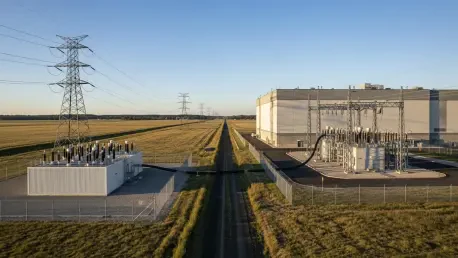
The insatiable energy demand of the digital economy is placing an unprecedented strain on the nation's aging power grid, leading to a critical debate over who should bear the multi-billion-dollar cost of supporting the infrastructure for artificial intelligence and cloud computing. In response to
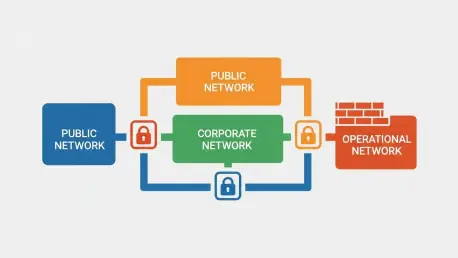
The most significant breach of a nation's critical infrastructure might not begin with a sophisticated, never-before-seen cyberweapon, but with a forgotten password on an unpatched firewall. A new and alarming front has opened in cyber warfare, where Russia-linked threat actors are systematically
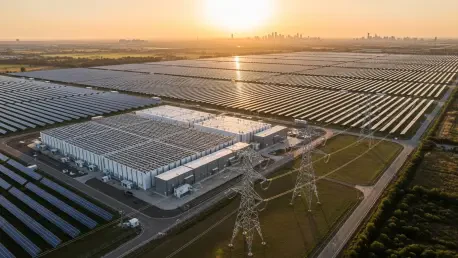
The race for artificial intelligence supremacy is rapidly being redefined not by processing power alone but by the colossal energy appetite required to sustain it, prompting a trillion-dollar debate over the future of the world's power infrastructure. As the digital and physical worlds converge,
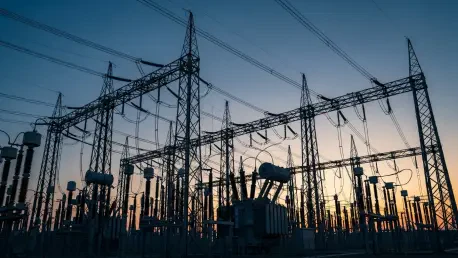
Federal regulators are issuing a stark warning about the nation's electrical grid stability after its largest operator, PJM Interconnection, failed to secure sufficient power generation to meet future reliability targets in a critical auction. The outcome for the 2027-2028 period revealed a
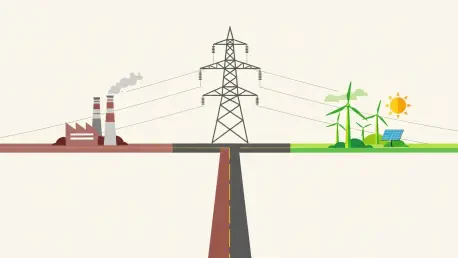
A meticulously planned retirement for a decades-old Colorado coal plant was abruptly canceled with less than 48 hours' notice, igniting a national debate over the balance of power in America's energy future. This last-minute federal intervention has pitted the national goal of maintaining a stable

The United States government's premier defense against crippling ransomware attacks is now facing an unprecedented internal crisis sparked by the sudden and contentious departure of a pivotal official at the Cybersecurity and Infrastructure Security Agency (CISA). David Stern, widely recognized as